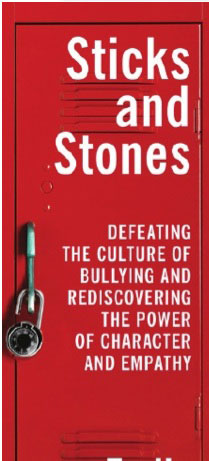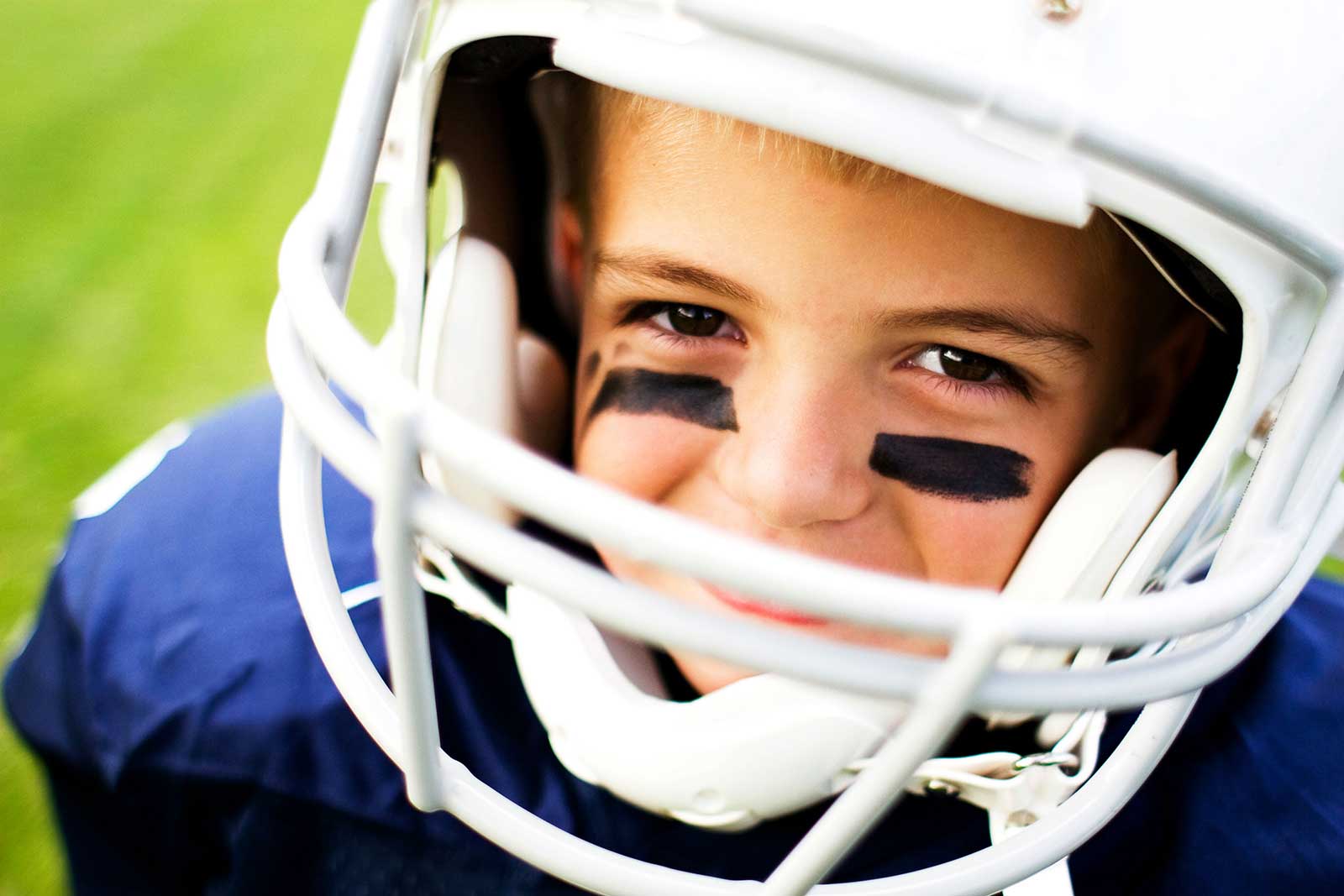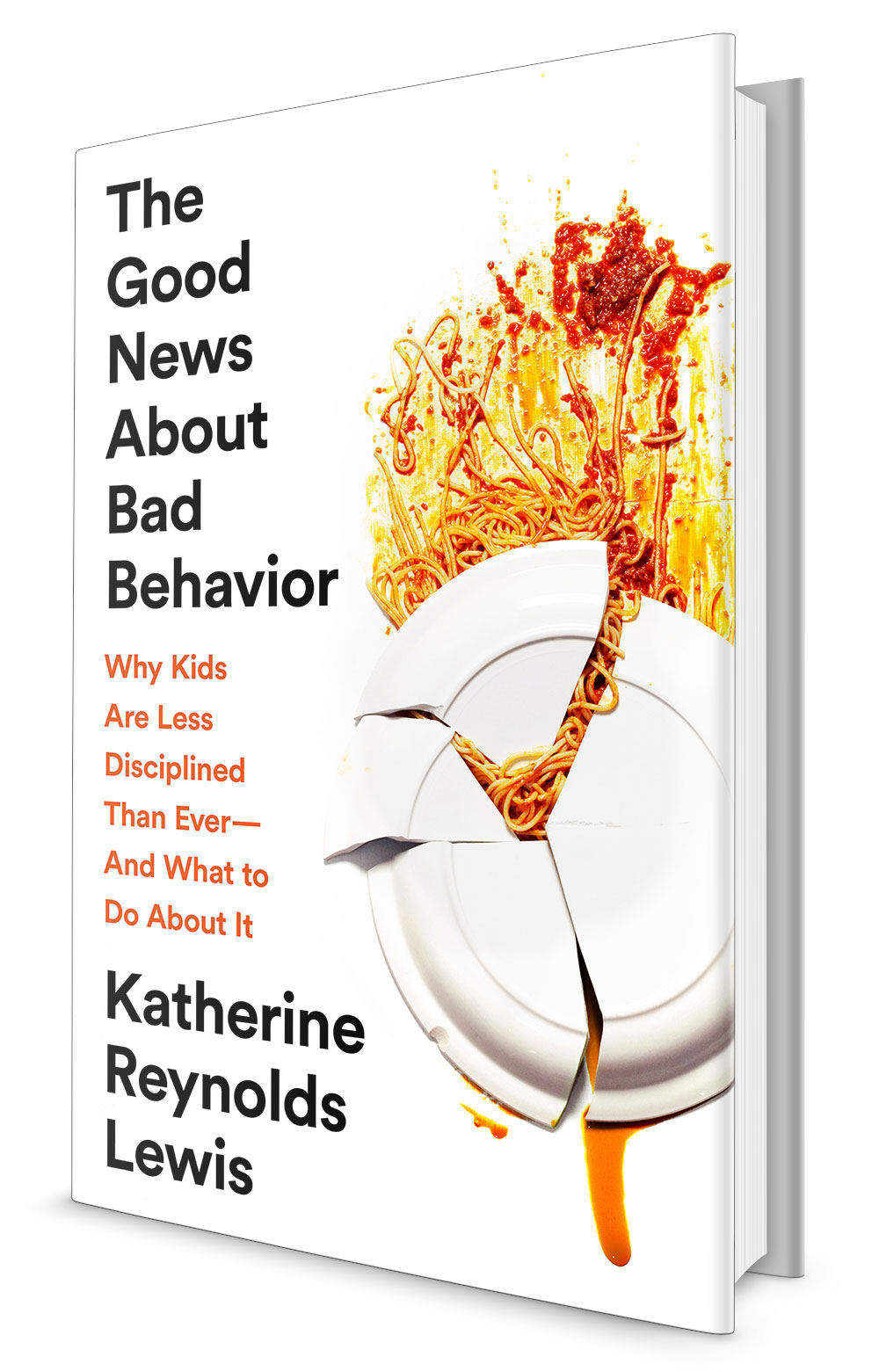Bullying comes in all kinds of words and actions. It’s not just the playground “mean kid” with fists raised; it can often be more subtle, with words, emotional manipulation, and so on. It’s not always so black and white either; there are oftentimes shades of gray or fine lines that make it difficult to separate innocent kid stuff from serious, let’s get mom and dad involved, bullying.
I remember one parenting lecture a while back, that proposed, “Get involved if there’s blood.” Not sure I agree with that per se, but I do believe in empowering kids to solve their own problems, as long as they’re not serious, so they build a toolbox for life. Solving their every problem will actually create more problems, but giving them tools to work through some of this stuff themselves, is empowering and a life-long tool.
Kudos to first-time author Emily Bazelon for her now acclaimed book, Sticks and Stones: Defeating the Culture of Bullying and Rediscovering the Power of Character and Empathy. Bazelon is noted for “tackling the shifting landscape of teenage cruelty and harassment and its sometimes devastating consequences…and also visiting schools and communities whose innovative anti-bullying efforts could offer a road map out of this mess.”
She talks a lot about how empathy can be a key ingredient in stopping the bullying cycle. She explains…
“If you see other kids being cruel, think about the steps you could realistically, and safely, take to stop it. You don’t have to jump into the middle of a fight (though if you’re up for that, don’t let me stop you!), and you don’t have to commit to befriending the person you’re helping, either. Sometimes just sending a sympathetic text or asking someone in the hallway if they’re okay is enough. If you can show empathy to someone who is vulnerable, in the moment or afterward, that can mean a lot. Most people who are having trouble socially appreciate just knowing that someone cares—even if it’s someone they don’t know very well.”
I asked Emily to send me her top 5 favorite tips for parents when dealing with bullying issues. Here they are…
- Get all the facts. Make sure you really understand what happened. Was it in fact bullying—was your child repeatedly abused, physically or verbally, by another kid who is socially or physically more powerful? Or was this what a lot of teenagers call drama—a two-way conflict? Figuring that out is important for deciding if and how to intervene.
- Ask questions before you give advice. What strategies can your child come up with for solving his problem? If you can help him elicit his own ideas, rather than dictating, you’ll be building his capacity for resilience: for learning how to overcome adversity.
- Don’t interview for pain. This one comes from a wise school psychologist in Philadelphia, Craig Stephens. It discourages parents from assuming kids are hurting rather than making sure those kids are coming from kids themselves.
- Think about who to involve. Are the parents of the kid you think is acting like a bully trustworthy? If so, talking to them could help. If not, is there someone at your child’s school you trust, or a coach or another person in the community? You can start by asking for advice.
- Let your child lead, to a point. If he tells you to stay out of it, you could try that, as long as you don’t think his safety is at risk. You don’t necessarily have to come to the rescue right away. But you DO need to keep checking in with your child to make sure he’s OK. And if the bullying continues and becomes intolerable, then together you’ll need to figure out how to stop it. Bullying isn’t a normal rite of childhood, and no one should have to just endure it.
Emily’s website with lots of great information – check it out!
Here’s a great video by Sticks and Stones author, Emily Bazelon, about her book and some really sad examples of bullying:
More on the Expert Source: Emily Bazelon is a senior editor at Slate, a contributing writer at The New York Times Magazine, a frequent guest on Comedy Central’s The Colbert Report, and the Truman Capote Fellow at Yale Law School. Before joining Slate, she worked as a law clerk on the U.S. Court of Appeals for the First Circuit. She is a graduate of Yale College and Yale Law School, and lives in New Haven with her husband and two sons.







Leave A Comment